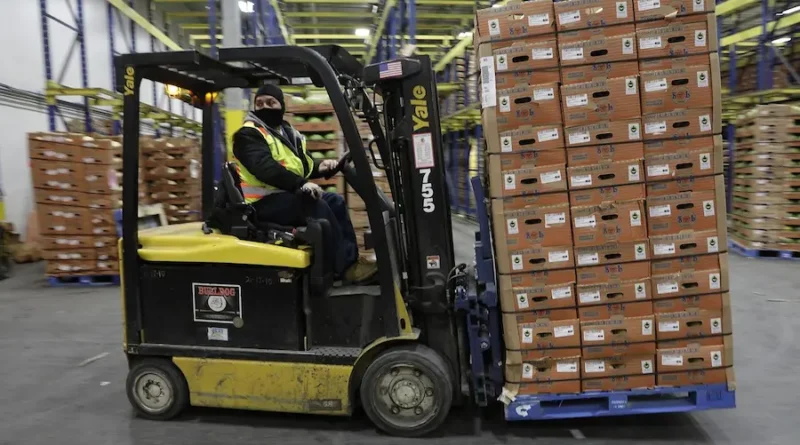The ROI of Forklift OSHA License: How Certification Pays Off
Working as a forklift operator can be physically taxing. It often requires moving products too small to be driven by a truck. Injuries and accidents cost employers thousands in workers’ compensation, retraining expenses, productivity losses and devastating fines from OSHA. Safer workplaces lower these costs and increase profits.
Safety
Getting an OSHA forklift license is more than just a piece of paper. It’s an investment in safety, productivity, and employee morale. By ensuring that all employees are certified, businesses can reduce workplace injuries and accidents, which saves them money on medical expenses and lost wages. It also helps to improve productivity, as forklift drivers who are experienced and confident are more likely to operate the equipment safely. Training should be specific to the type of forklift the operators will operate. This includes addressing the vehicle’s stability, load capacity, and maneuverability in tight spaces such as narrow aisles. It should also cover unique environmental conditions such as indoor air quality, carbon monoxide, and ramps or grades that could impact the vehicle’s operation. Employers should also provide refresher training for forklift operators if they experience an accident, near-miss incident or if a change in the workplace, equipment, or operation renders their previous training obsolete. This ensures they are familiar with all the latest safety protocols and regulations.
Reputation
A certified forklift operator is more likely to be trusted in the workplace and to be able to demonstrate a higher level of professionalism. This can positively impact employee morale and help build the company’s reputation as an employer that takes safety seriously. Accidents and damage caused by untrained employees can be costly for businesses. Workers’ compensation claims, repair or replacement costs, and fines from OSHA can all add up quickly. Companies can save thousands annually by establishing a system that requires all operators to be trained and certified and get their forklift OSHA license and certification CA. While a forklift driver’s license is not required to operate any forklift, it is still an important qualification to get the most out of your job. OSHA requires refresher training every three years or whenever a change in equipment or workplace conditions renders previous training obsolete.
Productivity
Having certified operators on your team is the best way to reduce workplace accidents. That means less damage to your products and equipment, less time spent on repairs and maintenance, and more money in the bank.
The best part is that a forklift certification also means you’ll comply with government safety standards and regulations. That’s a huge bonus for any business owner, especially considering the steep fines that come with non-compliance.
In addition to the financial benefits, having a forklift operator’s license is great for your career prospects. It opens up a range of higher-paying jobs, and you can take your skills with you if you decide to move employers.
Cost
Obtaining forklift certification is an important part of your career, and it can make you more attractive to employers. You will also save companies money in the long run by being able to operate forklifts safely and efficiently. Forklifts can be costly to repair or replace, and improper operation can cause accidents that damage products. Getting certified protects your life and those around you, saving companies money in the long run by reducing costs associated with repairs and downtime. You will need to renew your forklift OSHA license every three years. You can find classes for both certification and recertification online or through local training centers. You should keep records of your training and certification, including dates and names of the people who provided the evaluation or training. These records may be needed if OSHA inspectors ever visit your business. You should also retrain if you experience an accident, near-miss or a change in workplace conditions or equipment that renders your previous training obsolete.
Visit the rest of the site for more interesting and useful articles.

